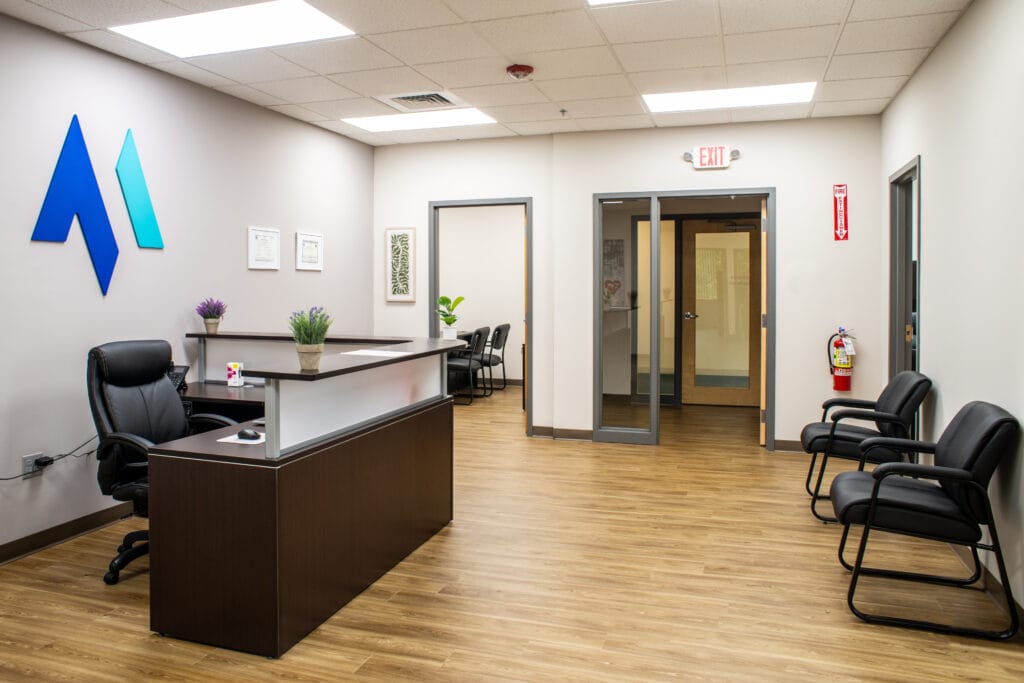Recovering from drug addiction is a challenging journey that requires dedication, resilience, and ongoing effort. However, staying sober after rehabilitation is often the most difficult part of the recovery process. Relapse is a common part of addiction recovery, but relapse does not mean failure—it simply indicates that adjustments need to be made. By implementing strong coping strategies and making healthy lifestyle choices, individuals in recovery can significantly reduce their risk of relapse.
If you or someone you love is in recovery, it’s important to be aware of the potential triggers and take proactive steps for relapse prevention. In this article, we’ll explore seven effective ways to maintain sobriety and stay on the path to long-term recovery.
One of the most crucial steps in relapse prevention is identifying and avoiding triggers. Triggers are people, places, emotions, or situations that create a strong urge to use drugs again. Everyone has different triggers, but some of the most common include stress, negative emotions, social pressure, and certain environments associated with past substance use.
To minimize the risk of relapse, individuals should make a list of their personal triggers and create a plan to avoid or manage them. For example, if socializing with certain friends led to drug use in the past, it may be necessary to distance oneself from those individuals. Similarly, if stress is a major trigger, finding healthy ways to cope—such as meditation, deep breathing, or exercise—can help manage cravings without turning to substances.
Avoiding triggers doesn’t mean living in fear of relapse, but rather being mindful of high-risk situations and making conscious choices to stay on the right path.

Recovery is not something that should be faced alone. Having a strong support system can make all the difference in maintaining sobriety. Friends, family, mentors, and support groups provide encouragement, accountability, and a safe space to discuss challenges.
Attending recovery meetings, such as Alcoholics Anonymous (AA) or Narcotics Anonymous (NA), can help individuals connect with others who understand their struggles. These meetings offer emotional support, guidance, and shared experiences that can provide motivation to stay sober.
Additionally, it’s essential to surround oneself with positive influences. Being around people who support a sober lifestyle and encourage healthy choices can help prevent falling back into old habits.
If an individual doesn’t have a strong personal support system, seeking professional counseling or therapy can also provide much-needed guidance and reinforcement during the recovery journey.
One of the reasons people turn to drugs is to cope with stress, anxiety, depression, or other negative emotions. Without a healthy way to manage these emotions, the risk of relapse increases significantly. That’s why it’s essential to develop and practice healthy coping mechanisms.
Some effective coping strategies include:
By developing these healthy coping mechanisms, individuals can navigate difficult emotions without resorting to substance use.
Having a structured daily routine is a powerful tool for relapse prevention. When a person has too much free time or lacks direction, they are more likely to dwell on past habits and feel tempted to use drugs again. A structured routine provides stability, purpose, and a sense of control over daily life.
An effective routine should include:
By keeping busy with meaningful activities, individuals can reduce the likelihood of boredom, which is often a trigger for relapse. Structure provides a sense of purpose and keeps the mind focused on positive growth.
Relapse doesn’t happen suddenly—it usually occurs in stages. Recognizing the early warning signs of relapse can help individuals take action before they return to drug use. The three stages of relapse include:
By identifying the signs of emotional and mental relapse early, individuals can take steps towards refocusing and relapse prevention. Talking to a sponsor, attending a support group, or reaching out to a therapist can help stop the progression before it reaches the final stage.
Relationships play a major role in relapse prevention, and being around toxic or negative influences can be a fast track to relapse. Toxic relationships may include people who encourage drug use, manipulate emotions, or bring unnecessary stress into one’s life.
It is crucial to set boundaries with anyone who does not support sobriety. This may mean ending relationships with old friends who still use drugs or distancing from family members who create a toxic environment.
Instead, individuals should seek out relationships that promote growth, self-improvement, and positivity. Surrounding oneself with uplifting, supportive people increases the chances of maintaining long-term sobriety.
If certain toxic relationships cannot be avoided, learning to establish firm boundaries and practicing assertiveness can help prevent negative influences from interfering with recovery.

Even after completing rehab, professional support is often necessary for long-term success. At Meta Addiction Treatment, our therapy, counseling, and outpatient treatment programs provide essential guidance in maintaining sobriety.
Cognitive-behavioral therapy (CBT) is particularly effective in helping individuals change negative thought patterns and develop healthier ways to cope with stress. Other therapeutic options, such as group therapy, medication-assisted treatment (MAT), or holistic therapy, can also be beneficial.
Recovery is a lifelong journey, and there is no shame in seeking help when needed. A therapist or counselor can provide tools to manage cravings, navigate difficult emotions, and build a fulfilling life free from substance use.
Contact us today—start your recovery journey.